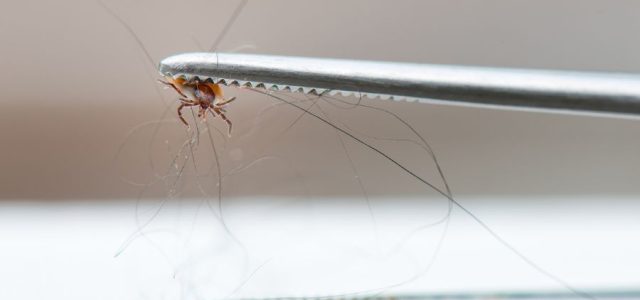Lyme Science Blog
Dr. Daniel Cameron, MD, MPH, is a nationally recognized leader for his expertise in the diagnosis and treatment of Lyme disease and other tick-borne illnesses. His weekly Lyme Disease Science blog features articles covering the latest research, insights and case reviews.
Lyme Science Blog
Lyme Disease Overlooked in Gastroparesis Patient
In their article, “Unique Case of Gastroparesis in a Chronic Lyme Disease Patient,” Qasawa et al. discuss the case of
Lyme Science Blog
How Do You Know If You Have Lyme Disease? Key Signs
Patients often ask me: How do you know if you have Lyme disease? Although there is no single sign or
Lyme Science Blog
Lyme Disease Racial Disparities: Missed Diagnoses
A major new study analyzing more than 168,000 Lyme disease cases has uncovered troubling disparities in diagnosis and outcomes across
Lyme Science Blog
Fiber and Lyme Disease: Can Gut Health Boost Recovery?
The Overlooked Link Between Fiber and Lyme Disease When we talk about Lyme disease, the conversation usually centers on infection,
Lyme Science Blog
Why Doctors Disagree on Antibiotics After a Tick Bite
When it comes to preventing Lyme disease, doctors disagree on the amount of antibiotics to prescribe — and the advice
Lyme Science Blog
The 24-36 Hour Tick Bite Myth
If you’ve been told you’re safe from Lyme disease if you remove a tick within 36 hours, you’ve heard the
Lyme Science Blog
Lyme Treatment Risks: Antibiotics vs. Chronic Illness
When we talk about Lyme treatment risks, the conversation often stops at the potential downsides of antibiotics. But in chronic
Lyme Science Blog
Why Medicine Must Not Abandon Lyme Patients
Abandoning Lyme patients violates the core principles of medical ethics. A woman in her 40’s came to me after months
Lyme Science Blog
Why “Occam’s Razor” Fails in Chronic Lyme Disease
In medicine, Occam’s razor teaches that the simplest explanation is often the right one. But for chronic Lyme, this idea









